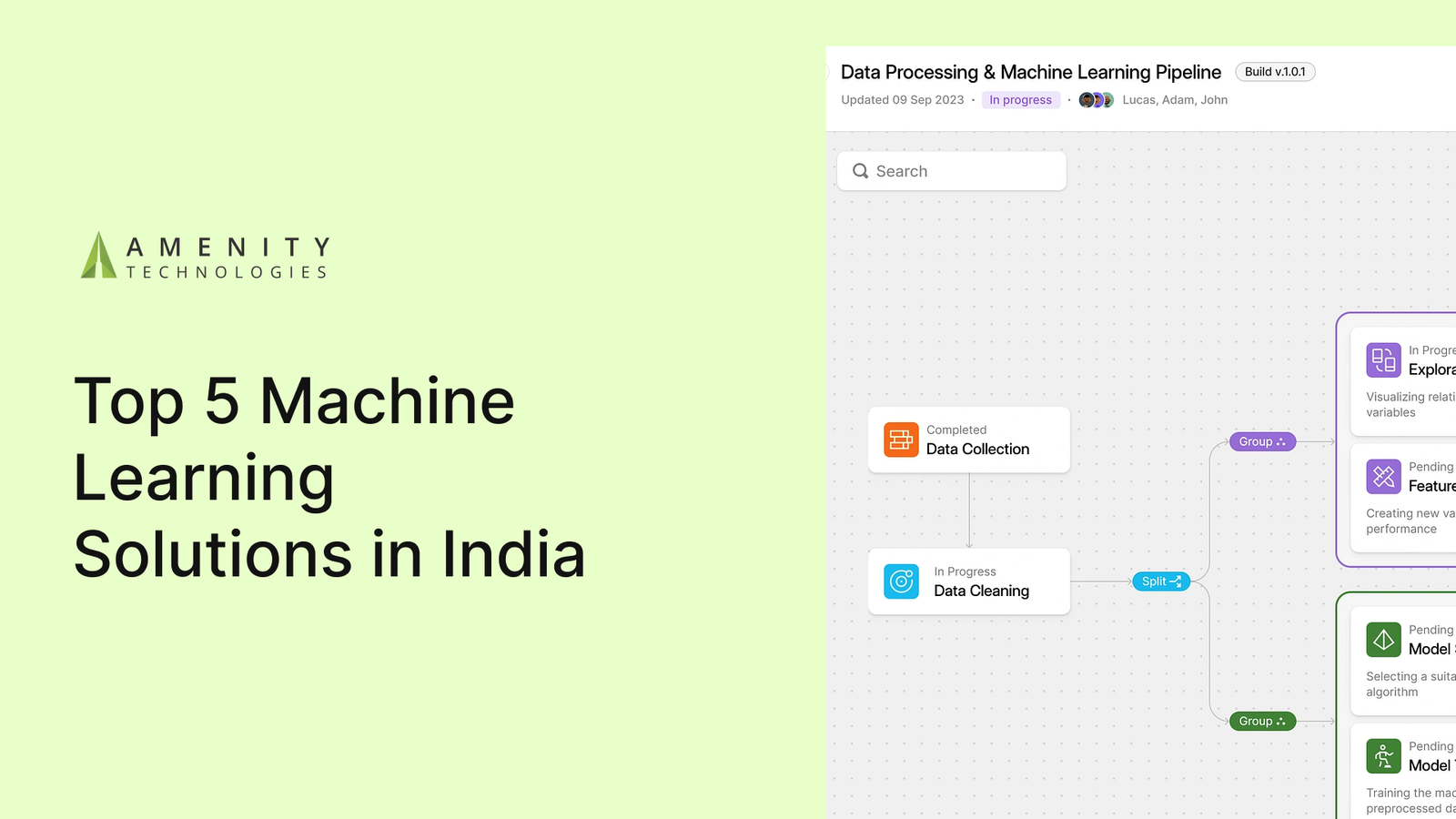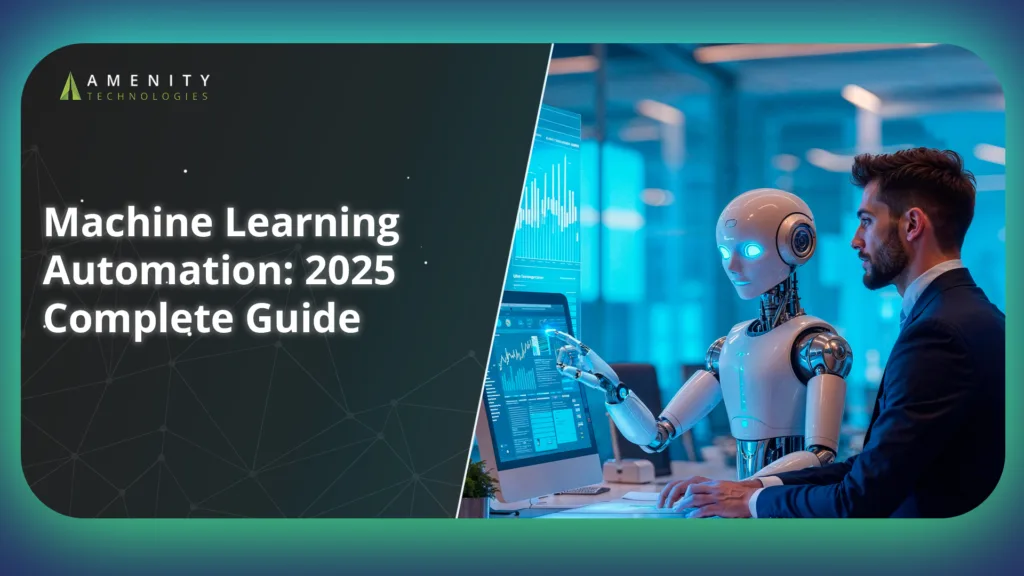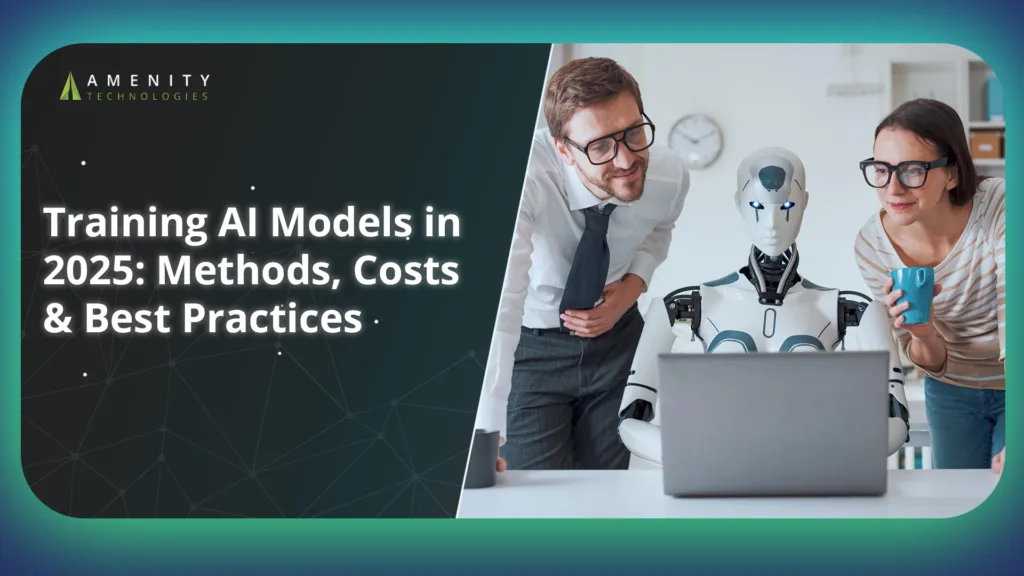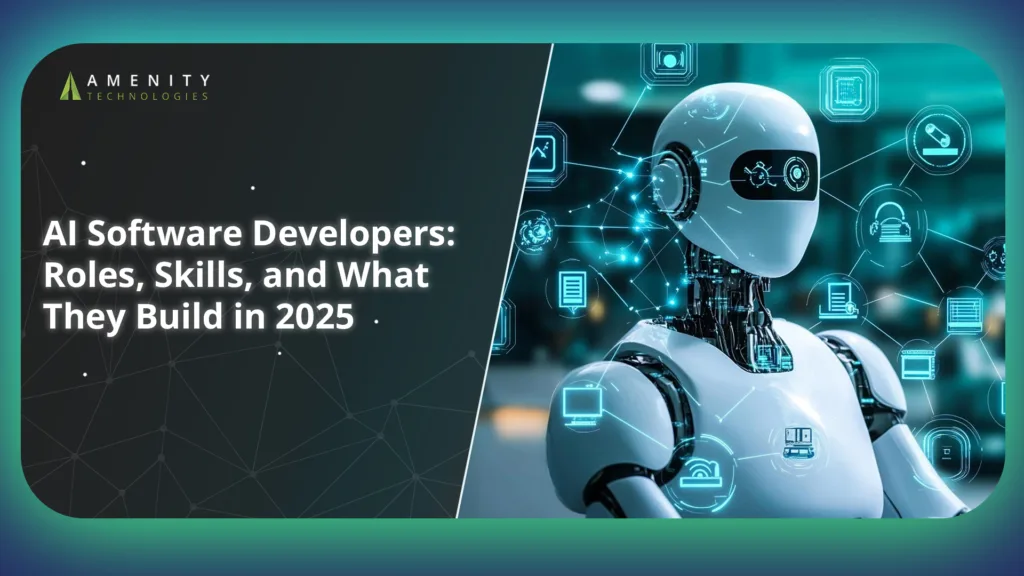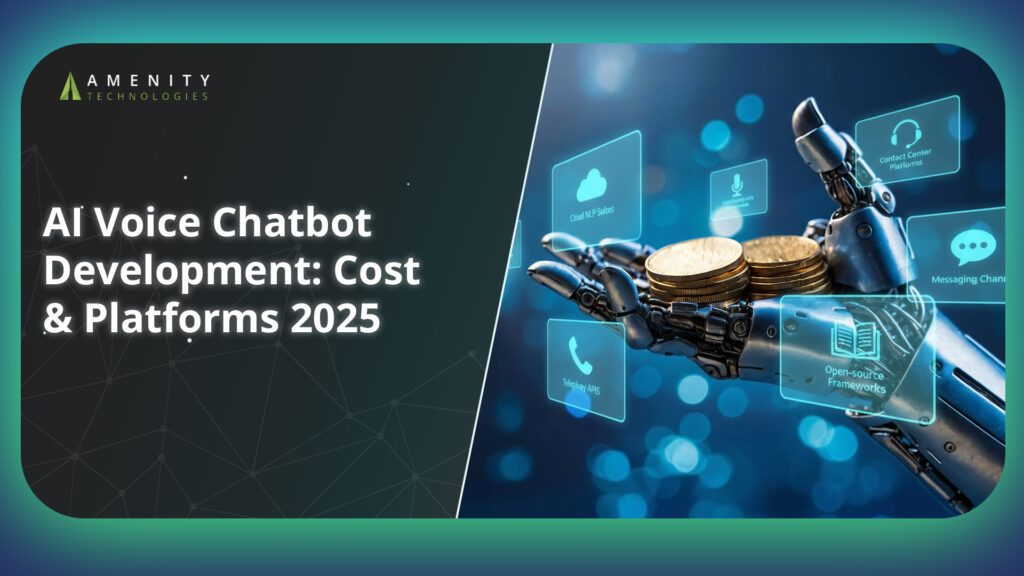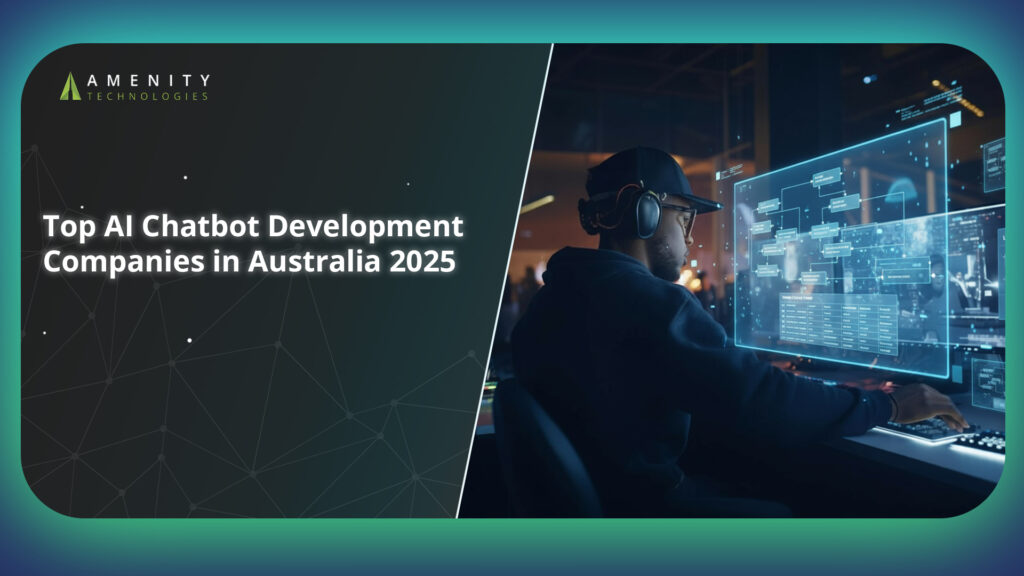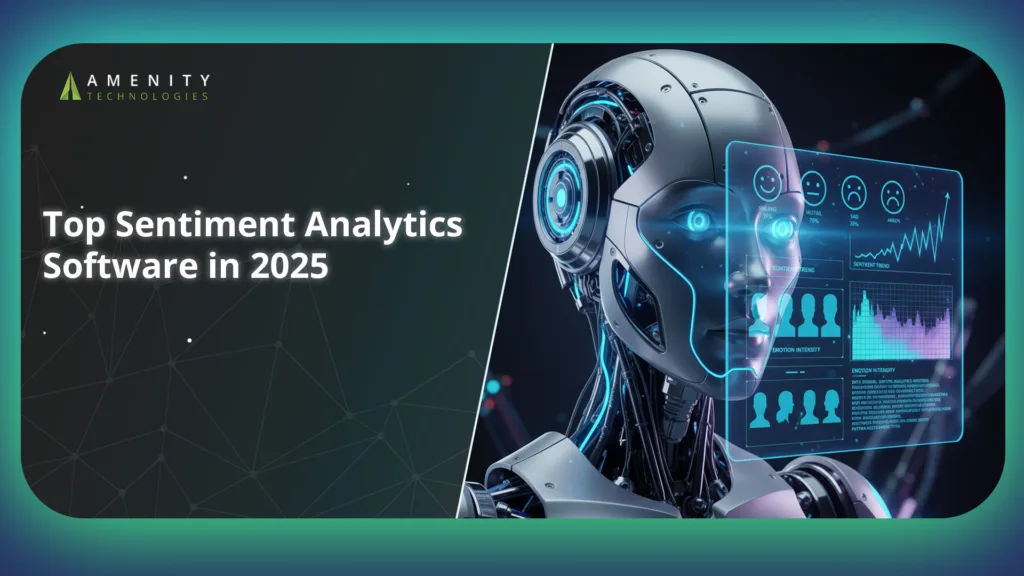Machine learning solutions are reshaping Indian industries at a rapid pace. Did you know India’s AI market is projected to reach $7.8 billion by 2025, growing over 35% annually?
This surge is powered by businesses adopting machine learning for business to boost efficiency and customer engagement. Have you wondered how regional language voice assistants handle thousands of dialects flawlessly? Or how predictive analytics help retailers optimize inventory before demand spikes?
Indian startups and enterprises are crafting machine learning solutions that merge local languages, real-time data, and industry needs. With over 50% of Indian companies planning to increase AI budgets this year, these innovations are not just experiments; they are driving tangible results. How will your business leverage this wave of intelligent automation?
1. Gnani.ai – Vernacular Voice AI
Gnani.ai leads India’s push into voice-driven machine learning solutions by focusing on speech recognition across multiple Indian languages. Their platform powers voice bots that serve telecom, banking, financial services, and government sectors with impressive accuracy. Handling over 50 Indian dialects, Gnani.ai’s technology bridges language gaps that many global solutions miss.
This vernacular focus helps reduce call center workloads significantly by automating routine queries. Customers experience faster response times and smoother interactions, which improves overall satisfaction. The platform integrates easily through APIs and SDKs, making deployment straightforward for businesses of all sizes. Gnani.ai’s emphasis on regional languages ensures that machine learning for business is accessible to a wider, diverse audience, meeting local customer expectations effectively. This localized approach gives companies a competitive edge in customer engagement and operational efficiency.
Key Features
- Supports over 50 Indian languages and dialects
- Seamless API and SDK integration
- Real-time speech-to-text conversion
- Robust voicebot frameworks tailored for telecom and BFSI sectors
Pros
- Exceptional vernacular language coverage
- Quick reduction in call center volume
- Improves customer satisfaction through faster query resolution
- Scalable across industries and business sizes
Cons
- Limited support for some niche regional dialects
- Advanced customization may require technical support
- Primarily focused on voice AI, less on text-based conversational AI
2. Yellow.ai – Conversational ML Platform
Yellow.ai offers a versatile machine learning solution focused on creating AI agents that automate customer and employee interactions across channels. This platform supports chat, voice, and social media communication, helping companies streamline both external customer support and internal HR or helpdesk tasks. Yellow.ai’s no-code bot builder enables businesses to design complex workflows without deep technical knowledge, speeding up deployment and reducing costs.
Its generative AI capabilities allow for natural and dynamic conversations, making interactions feel more human. Yellow.ai scales easily across sectors such as retail, banking, and telecom, adapting to diverse business needs. Enterprises value the platform for its robust integration options and reliable performance, which help maintain consistent customer experiences and improve employee productivity through automation.
Key Features
- No-code bot builder for easy automation
- Multichannel support: chat, voice, social, and more
- Generative AI workflows for dynamic responses
- Enterprise-grade scalability and security
Pros
- Rapid bot development with no coding needed
- Wide channel coverage for seamless customer experience
- Scales effectively for large enterprises
- Strong focus on employee and customer automation
Cons
- Advanced AI customization may require expert help
- Pricing can be high for smaller businesses
- Some features may have a learning curve for non-technical user.
3. Sarvam AI – Multilingual Foundational Models
Sarvam AI specializes in developing machine learning solutions focused on large language models tailored for Indian languages. Their multilingual voice and text models enable enterprises to build applications that understand and generate content in multiple regional languages with high cultural accuracy. Supported by India’s AI Mission, Sarvam AI emphasizes customization for local nuances, which enhances user engagement and relevance.
The company provides APIs and developer tools that integrate easily with existing enterprise systems. Sarvam AI’s models excel in handling complex language tasks like sentiment analysis, summarization, and conversational AI across languages, making it a top choice for businesses aiming to expand their vernacular AI capabilities. This helps companies tap into vast, underserved regional markets with efficient, language-aware solutions.
Key Features
- Multilingual voice and text large language models
- APIs for smooth integration with enterprise apps
- Models fine-tuned for cultural and linguistic nuance
- Backed by government initiatives supporting AI innovation
Pros
- Deep support for multiple Indian languages
- Strong cultural context understanding improves accuracy
- Robust API ecosystem for developers
- Great for expanding vernacular AI use cases
Cons
- Primarily focused on Indian languages, less on international languages
- Integration may require AI expertise for best results
- Smaller ecosystem compared to global LLM providers
4. MathCo – Data Engineering & ML Platform
MathCo offers comprehensive machine learning solutions centered on scalable data pipelines and real-time analytics. Their platform streamlines the journey from raw data to actionable insights, enabling businesses to build predictive models and live dashboards quickly. With a low-code approach, MathCo simplifies integration into existing operational systems, reducing the time and effort needed to deploy advanced ML workflows.
Serving industries such as retail, consumer packaged goods, BFSI, and tech, MathCo supports high-volume data environments. Their tools empower data teams to create, manage, and monitor ML models that predict customer behavior, optimize inventory, and detect anomalies. MathCo’s real-time analytics capabilities also enable faster decision-making, crucial in today’s fast-paced markets.
Key Features
- End-to-end data-to-insight platform
- Low-code integration with operational systems
- Real-time dashboards and predictive modeling
- Scalable for data-heavy industries
Pros
- Speeds up ML deployment with low-code tools
- Strong real-time analytics support
- Works well across multiple sectors
- Simplifies complex data engineering tasks
Cons
- May require initial setup investment for large enterprises
- Low-code might limit very custom model developments
- Best suited for businesses with existing data infrastructure
5. LTIMindtree – Enterprise ML & AI Services
LTIMindtree stands out as a major player providing machine learning solutions tailored for large enterprises. Their services blend consulting expertise with full-stack technology and cloud integration, enabling companies to implement scalable and robust ML systems. The firm focuses on industry-specific applications, including predictive maintenance for manufacturing plants, personalized customer analytics, and process automation in finance and healthcare.
Their delivery model emphasizes end-to-end support—from strategy and development to deployment and monitoring. LTIMindtree’s strength lies in combining deep domain knowledge with advanced ML techniques, helping businesses reduce downtime, enhance customer engagement, and optimize operational costs. They serve diverse sectors such as automotive, financial services, and healthcare, making them a trusted partner for enterprise-grade AI and machine learning for business growth.
Key Features
- Predictive maintenance for manufacturing
- Customer analytics and personalization
- Full-stack ML and cloud integration
- Industry-specific AI solutions
Pros
- Comprehensive consulting and technology services
- Strong focus on enterprise needs and scalability
- Expertise across multiple industries
- Supports complex, mission-critical ML applications
Cons
- Higher cost compared to smaller ML vendors
- Implementation cycles may be longer due to enterprise scale
- Requires substantial data and process maturity from clients
How Amenity Technologies Can Help?
Amenity Technologies accelerates the adoption of machine learning solutions by offering end-to-end support designed for both startups and large enterprises. Our approach starts with crafting ML strategies focused on measurable business outcomes, ensuring every model aligns with clear KPIs. We guide clients in selecting the right Indian ML platforms and seamlessly integrating them with existing systems.
We specialize in managing data pipelines, deploying models efficiently, and monitoring performance to maintain accuracy and reliability over time. Our expertise extends to fine-tuning vernacular models and supporting voice-driven AI, making them well-suited for India’s diverse linguistic landscape. Amenity also enables frictionless scaling, from initial pilots to full enterprise rollouts, so businesses can unlock value quickly without technical bottlenecks.
By combining technical know-how with local context, Amenity Tech bridges the gap between ambition and execution, helping companies realize the full potential of machine learning for business success.
Key Benefits
- Business-focused ML strategy development
- Best-fit Indian ML solution integration
- Data pipeline and model deployment management
- Support for vernacular and voice AI
- Scalable from pilot projects to enterprise solutions
Conclusion
India’s machine learning solutions market in 2025 showcases a vibrant mix of scalable, intelligent, and locally relevant platforms. Companies like Gnani.ai, Yellow.ai, Sarvam AI, MathCo, and LTIMindtree highlight how ML is shifting from experimental technology to a core business asset. These solutions address real challenges—from improving customer engagement with vernacular AI to streamlining manufacturing operations with predictive analytics.
Adopting the right machine learning for business approach offers a competitive edge through faster decision-making, enhanced automation, and deeper insights. Partnering with expert providers and platforms can simplify integration and accelerate ROI. As Indian enterprises increasingly embrace ML, those that combine innovation with proven solutions will lead the way to smarter, data-driven futures.
FAQs
Q1: What types of machine learning solutions work best for Indian SMEs?
SMEs often benefit from machine learning solutions that offer low-code or no-code deployment, multilingual support, and fast integration. Platforms like Gnani.ai and Yellow.ai provide cost-effective automation tools, including AI chatbots and vernacular AI, that don’t require deep technical resources—making them ideal for small and mid-sized enterprises.
Q2: Can machine learning systems handle local languages effectively?
Yes. Platforms like Gnani.ai and Sarvam AI specialize in ML for vernacular AI, offering speech and text models trained in Indian languages. Their multilingual models are designed with regional nuance, improving customer communication in telecom, public services, and eCommerce.
Q3: How scalable are Indian ML platforms?
Solutions from companies like MathCo and LTIMindtree are built to scale. They support full-scale deployment with real-time ML capabilities, data engineering pipelines, and predictive analytics. These platforms serve high-volume industries including manufacturing, retail, and BFSI.
Q4: Is customized ML integration expensive?
Not necessarily. Many providers now offer low-code ML tools that lower initial integration costs and shorten development cycles. This makes machine learning for business more accessible, especially when paired with targeted use cases and clear KPIs.
Q5: How do I choose the right ML partner?
Start by identifying the specific problem you want to solve. Whether it’s customer engagement, operational automation, or analytics, choose a vendor with proven results in that area. Evaluate scalability, domain expertise, integration support, and language capabilities before committing.
Q6: How fast can businesses go live with ML tools?
Deployment timelines depend on the use case. Voice bots or AI agents can go live in weeks using pre-trained APIs. Larger systems involving enterprise ML and data infrastructure may require 2–6 months for full implementation, depending on complexity.


